Clarifying concepts and scope of regulation to avoid legal risks
Contributing comments at the discussion session, National Assembly Deputy Pham Phu Binh ( Nghe An ) analyzed one of the key contents of the draft law related to the definition and scope of regulation in receiving, managing and using ODA loans and foreign preferential loans.
.jpg)
According to the draft, the rights and obligations of the Socialist Republic of Vietnam under international law do not depend on the name of the signed document, whether it is a protocol, agreement, memorandum of understanding, exchange of notes or other forms. Clause 2, Article 24 of the draft clearly states: “An ODA loan agreement or foreign preferential loan is a written agreement signed on behalf of the Government of the Socialist Republic of Vietnam with a foreign lender, creating or changing the rights and obligations of the Government of the Socialist Republic of Vietnam related to the receipt, management and use of ODA loans and foreign preferential loans, not an international treaty, regardless of the name of the loan agreement, credit agreement, credit limit or other name”.
The draft also divides “foreign lenders” into two groups: the group of countries, international organizations or other subjects of international law and the group of agencies and organizations representing the government, banks, credit institutions, foreign financial institutions... This division, according to the delegates, is unreasonable, because it leads to the separation of two types of loan relationships - one group is considered an international treaty, the other group is an “international agreement” that is not an international treaty and is not consistent with the current Law on International Treaties.
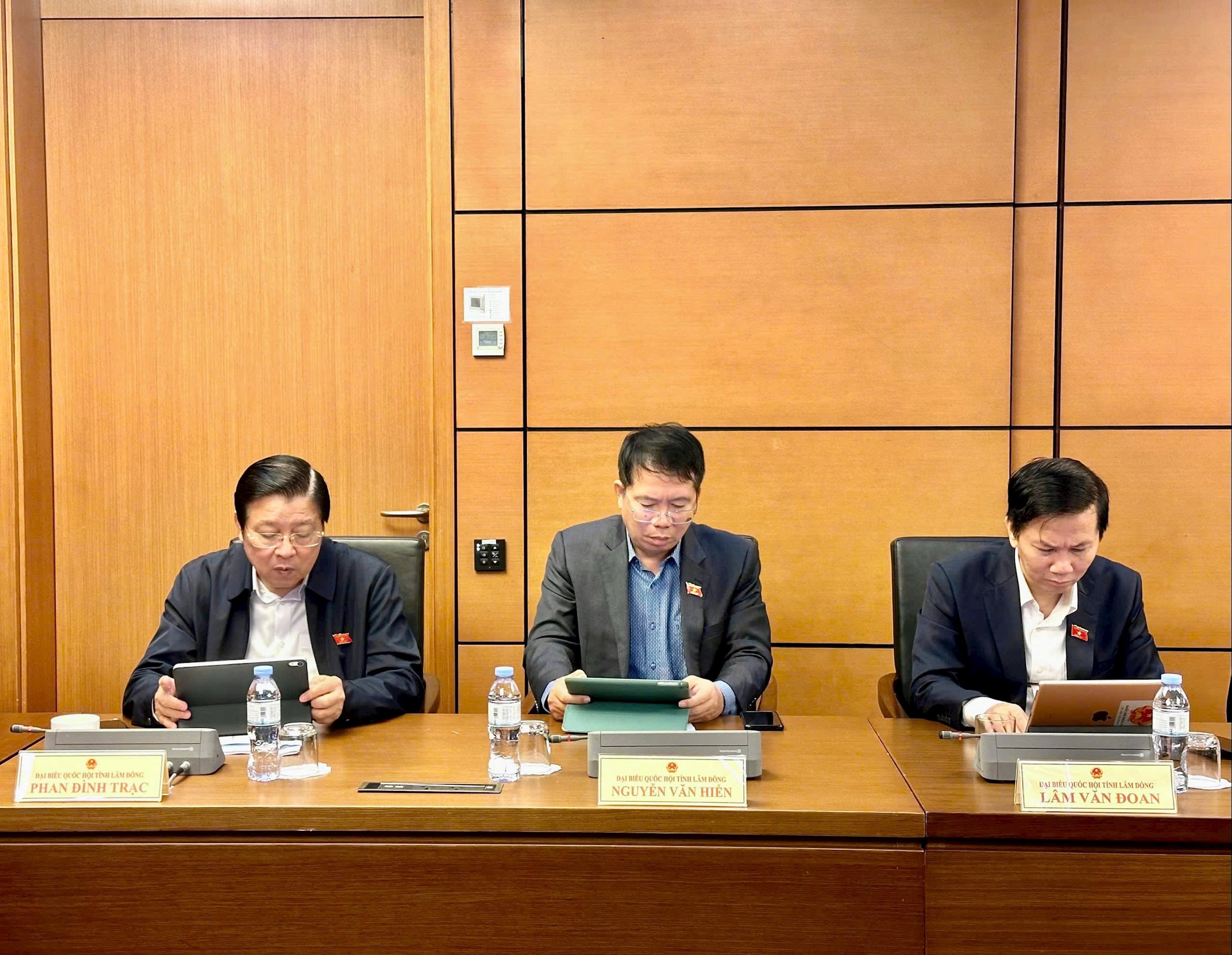
“This is an important issue, directly related to international commitments, national prestige and legal security of loans. Therefore, it is necessary to carefully study and assess the comprehensive impact to ensure consistency, transparency and legal security in the national legal system,” the delegate emphasized.
Improve efficiency in mobilizing and using loan capital
Speaking at the group, delegates also assessed that after 7 years of implementing the Law on Public Debt Management in 2017, Vietnam has achieved many positive results: the national credit rating has improved, the debt structure has been safely controlled. Domestic loans continue to play a leading role, accounting for 89% of the total government loans (about 2.4 million billion VND), while foreign loans only account for 11%, equivalent to 327 trillion VND... However, it is necessary to recognize that foreign loans, especially ODA capital, are highly effective with an average interest rate of only about 2%/year, and a long loan term of 20 to 40 years.
Therefore, delegates recommended that the Government should continue to improve the mechanism to increase access to this capital source, while overcoming bottlenecks and shortcomings in the implementation process in recent times.
.jpg)
Regarding the issuance of government bonds, in the 2018-2024 period, the Government has issued more than VND 1.93 trillion in bonds, of which bonds with a term of over 15 years account for nearly 92%. This is a positive sign, demonstrating the ability to mobilize domestic capital in a stable and sustainable manner. However, although the Law on Public Debt Management in 2017 allowed the issuance of international bonds, it has not yet been implemented...
In the context that the National Assembly has approved the policy of building an international financial center in Ho Chi Minh City and Da Nang, National Assembly member Pham Thi Hong Yen (Lam Dong) suggested that it is necessary to study the issuance of government bonds to the international market in line with this orientation; thereby, diversifying capital sources and enhancing Vietnam's position in the global financial market.
The delegate also pointed out that local government borrowing is still very modest, accounting for only about 0.6% of total public borrowing, averaging VND2,400 billion per year. In the 2018-2024 period, total local mobilization will only reach VND80,000 billion. To promote this resource, there needs to be a more flexible mechanism allowing localities to mobilize capital through issuing government bonds, re-borrowing ODA capital or other suitable forms, linked with debt repayment responsibilities and ensuring public debt safety.
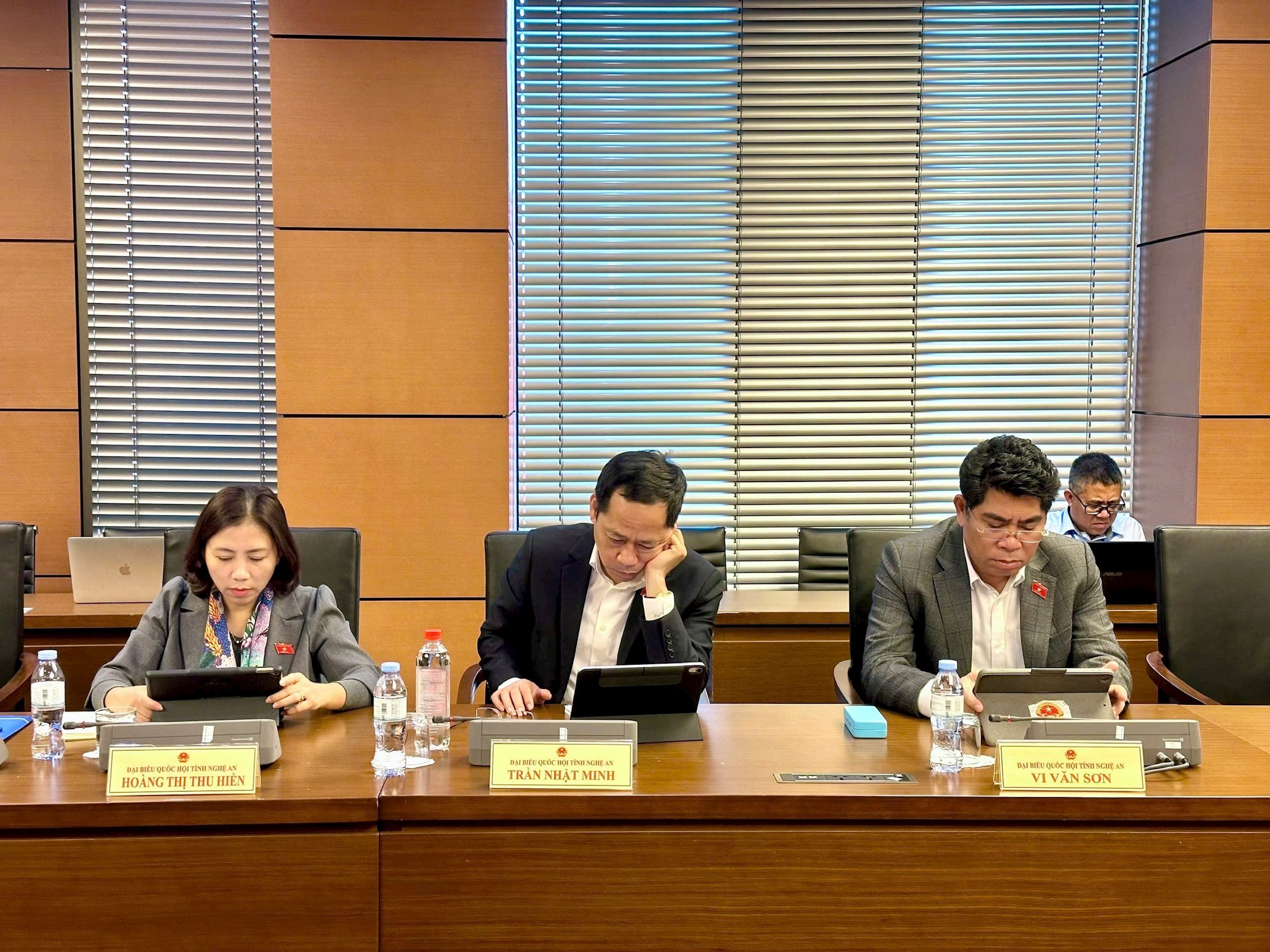
National Assembly Deputy Nguyen Van Chi (Nghe An) said that the drafting agency needs to review and clarify the provisions related to the double taxation avoidance agreement, because some agreements have provisions on exemption or exclusion of income tax on interest on loans of the Government. If the draft law has provisions different from international tax agreements, it may cause conflicts, causing Vietnam to lose its right to tax. On the contrary, if the agreement already stipulates tax exemption, repetition in the law will not be necessary.
The delegates suggested reviewing all agreements that Vietnam has signed to ensure consistency, unity, and avoid duplication and contradiction. If the tax exemption provision is still maintained, the name of the clause should be adjusted to be consistent with current regulations on promulgating legal documents.
.jpg)
Regarding loans from the State Financial Reserve Fund, delegates said that removing the provisions at Point c, Clause 1 and Clause 2, Article 4 is not really reasonable. Whether it is called an advance or a loan, in essence it is still the use of resources from this fund, so it is necessary to clearly define the decision-making authority and repayment period to ensure financial safety and budget discipline. According to current regulations, borrowing from the Financial Reserve Fund is under the authority of the Prime Minister and the repayment period is one year. The draft law needs to be supplemented with more specific provisions on this issue.
Source: https://daibieunhandan.vn/bao-dam-tinh-thong-nhat-an-toan-phap-ly-trong-quan-ly-no-cong-10394119.html






![[Photo] Opening of the 14th Conference of the 13th Party Central Committee](https://vphoto.vietnam.vn/thumb/1200x675/vietnam/resource/IMAGE/2025/11/05/1762310995216_a5-bnd-5742-5255-jpg.webp)









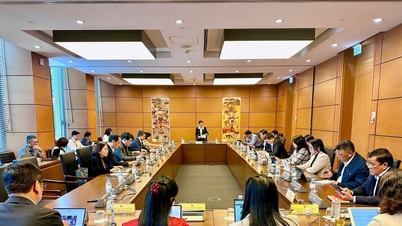

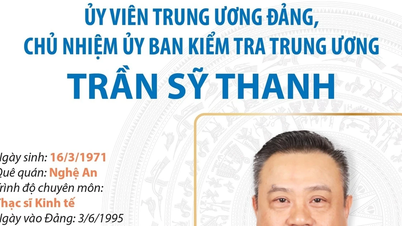

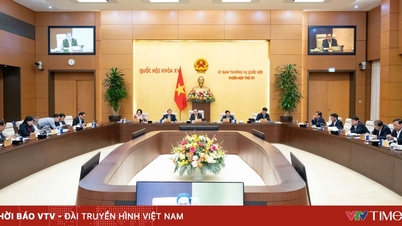



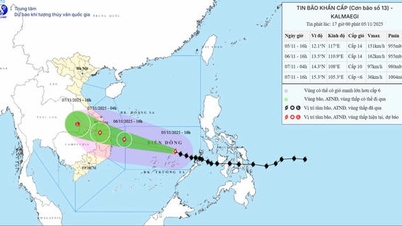





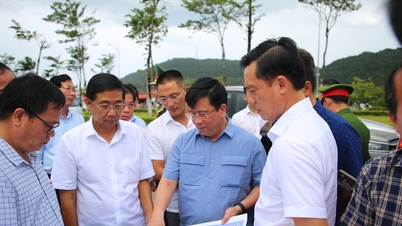
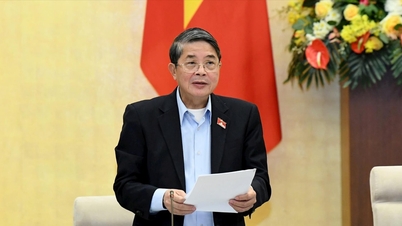

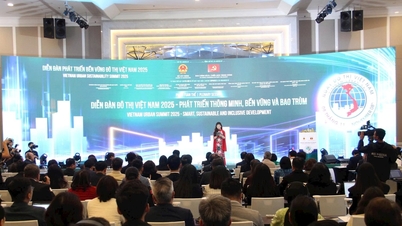
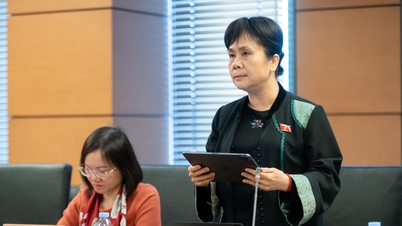

![[Photo] Panorama of the Patriotic Emulation Congress of Nhan Dan Newspaper for the period 2025-2030](https://vphoto.vietnam.vn/thumb/1200x675/vietnam/resource/IMAGE/2025/11/04/1762252775462_ndo_br_dhthiduayeuncbaond-6125-jpg.webp)



































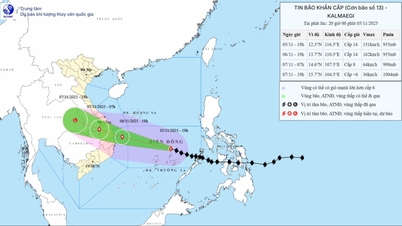















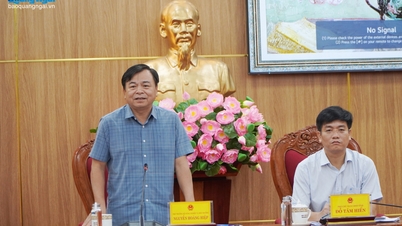





















Comment (0)